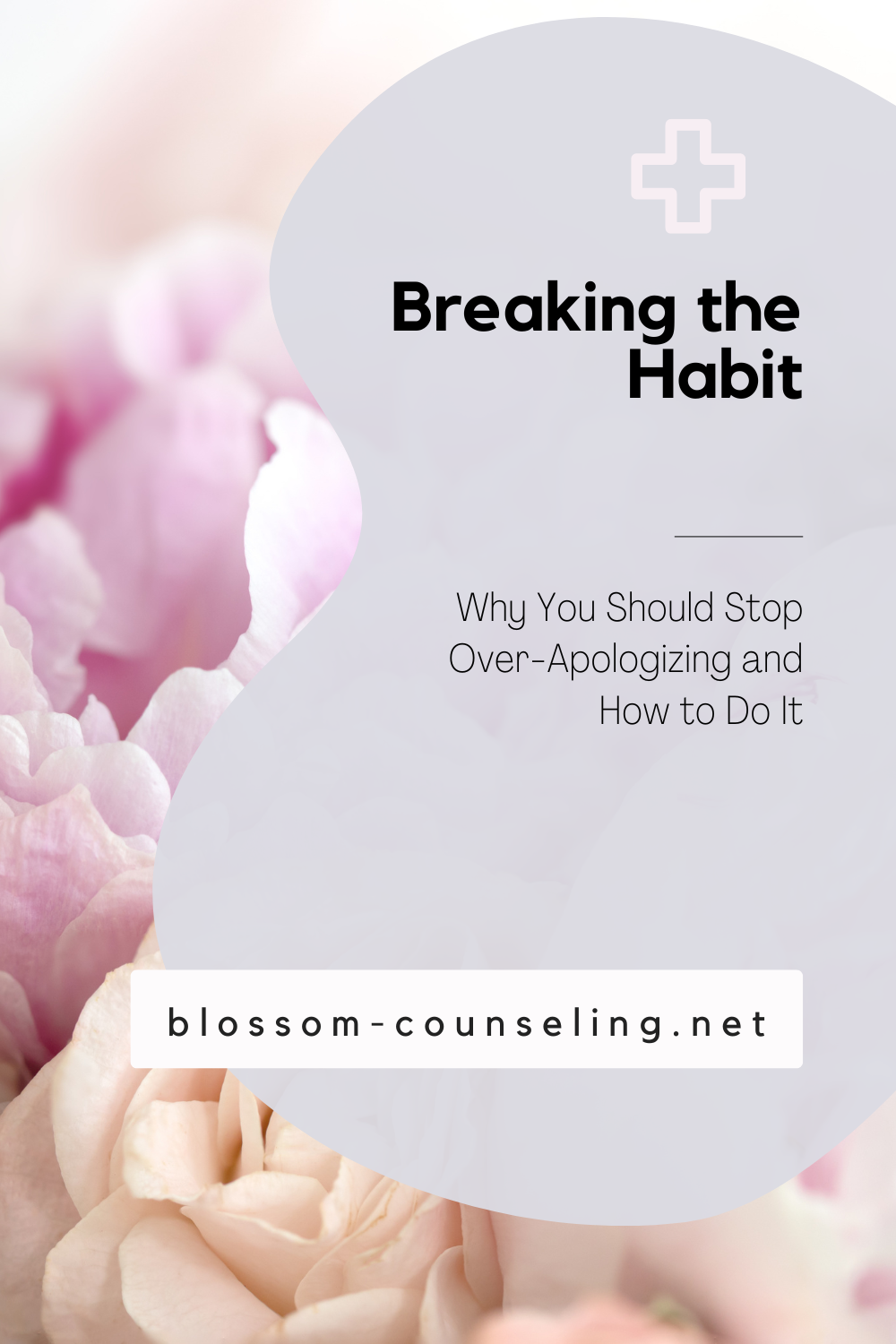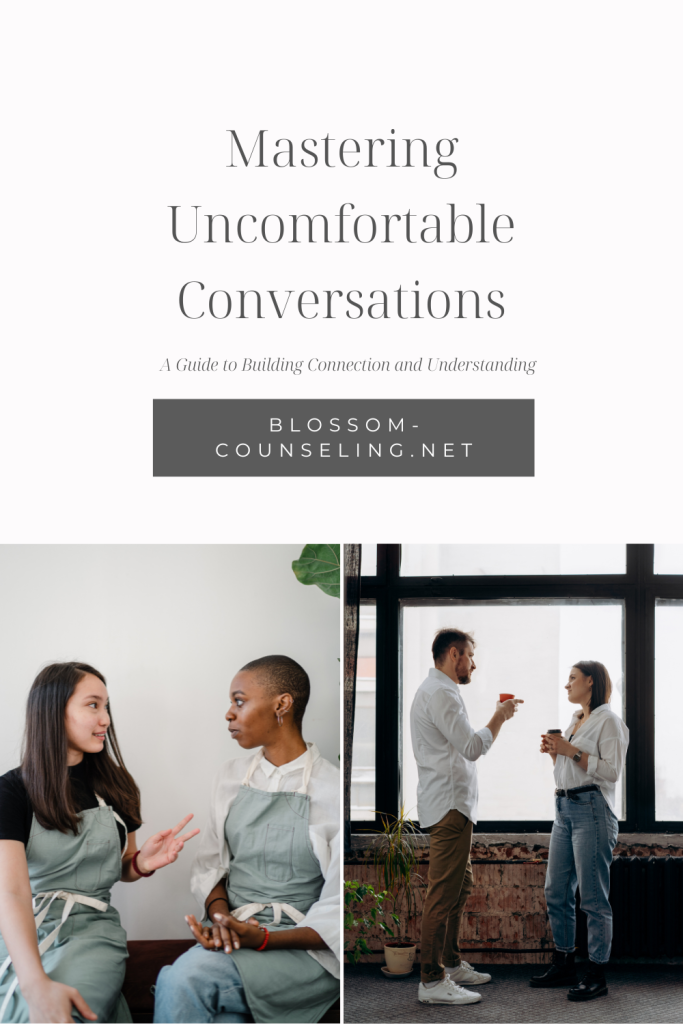
Apologizing is a powerful tool in maintaining healthy relationships—it shows empathy, respect, and understanding. However, when “sorry” slips out of your mouth more often tha
n your name, it might be time to reassess this reflex. Over-apologizing can diminish your self-esteem, cloud your judgment, and potentially strain the relationships you care about most.
The Why: Understanding the Impact of Over-Apologizing
Frequent apologies, especially for things that don’t warrant an apology, can lead you down a path of self-doubt and reduced self-confidence. When you apologize unnecessarily, you may start to feel that you’re always in the wrong or that you must always yield to others, which is not the case. This behavior can send a message that your presence is an inconvenience, which is far from the truth!
Moreover, over-apologizing might make it harder for others to discern when you are genuinely remorseful. This can dilute the sincerity of your apologies, making your words feel less impactful when a genuine apology is necessary.
The How: Changing Your Apology Habits
1. Pause Before Apologizing
Before you let that apology slip, pause and ask yourself, “What am I apologizing for?” If you’re saying sorry for something that’s not your fault, or for simply existing (like saying sorry for taking time to speak up in a meeting), hold back that apology.
2. Express Thanks Instead of Regret
Instead of saying, “Sorry I’m late,” try, “Thank you for waiting for me.” This not only shifts the focus from blame to appreciation but also reinforces positive interactions with others.
3. Set Clear Personal Boundaries
Understand and define your boundaries. Knowing what you are and aren’t responsible for can reduce the urge to take undue blame. Clear boundaries help you understand where you stand in various situations, making it less likely for you to feel the need to apologize.
4. Accept That You’re Human
Everyone makes mistakes, and not every mistake requires an apology. Sometimes, an acknowledgment or a plan to correct the action is more appropriate and constructive.
5. Practice Self-Affirmation
Remind yourself of your worth and your strengths. Self-affirmations can bolster your self-esteem, helping you feel less compelled to use apologies as a crutch. They reinforce the idea that you deserve the same respect you give to others.
6. Seek Feedback
If you’re unsure whether an apology is warranted, it can be helpful to ask for feedback from someone you trust. This can provide insight into whether your perception aligns with the reality of the situation.
Embrace Authentic Interactions
Every time you choose not to apologize unnecessarily, you take a step toward more authentic and meaningful interactions. This adjustment in your communication can lead to healthier self-perception and more balanced relationships. Remember, you are entitled to take up space and voice your opinions. Your presence is not an inconvenience but a valued part of your interactions with others.
Embracing this change doesn’t mean you abandon accountability but rather that you are becoming more mindful of when it’s truly necessary to apologize. This way, your apologies will hold more weight, and your words will reflect your true intentions, contributing to more genuine connections.
|
|
Our team of compassionate therapists is here to help you find the support you need. We believe in a holistic approach, treating your mind, body, and spirit. With a blend of traditional and alternative therapies, we tailor your experience to meet your unique needs. At Blossom, we create a non-judgmental space where you can be your authentic self. Our goal is to empower you, amplify your strengths, and help you create lasting change. Together, we’ll navigate life’s challenges and help you bloom, grow, blossom! You deserve to become the best version of you.




